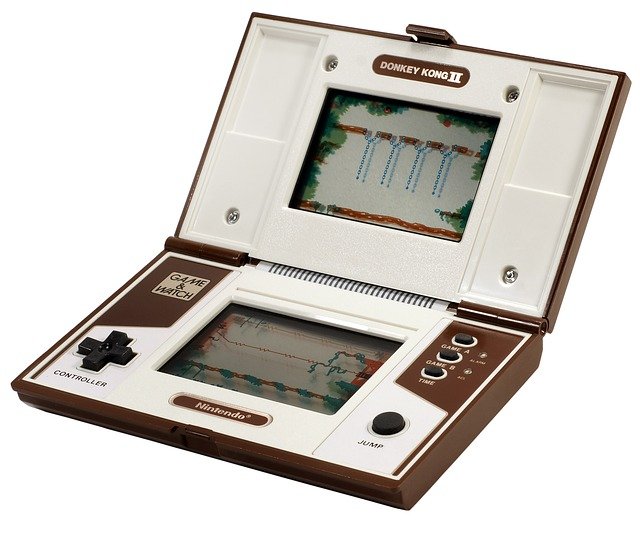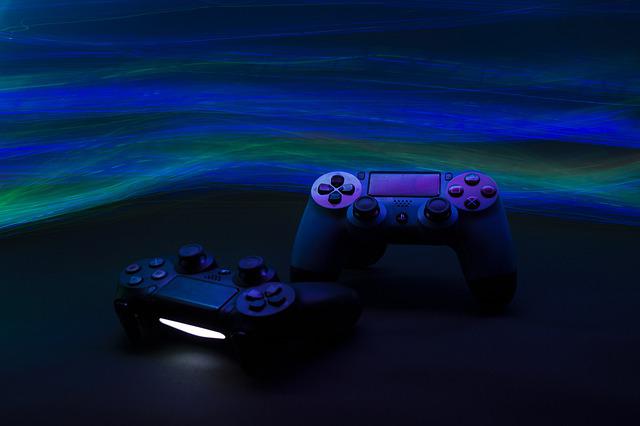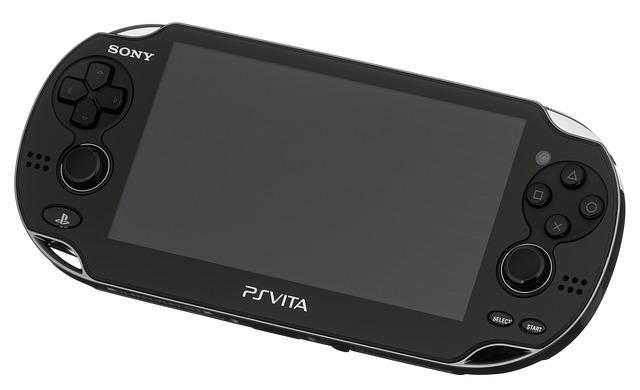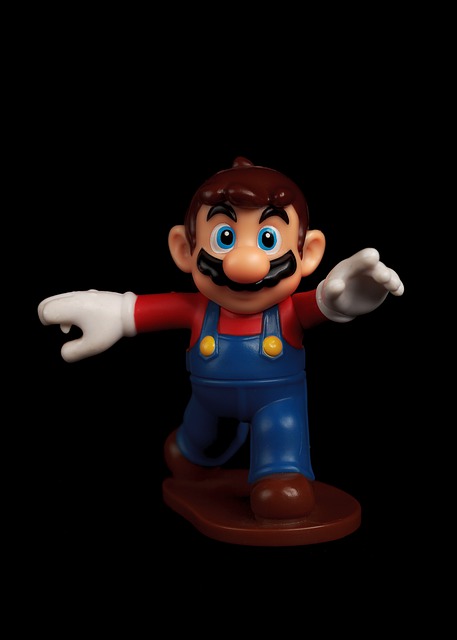Hi everyone, it’s Jason. This week, a look at the blockchain fad in gaming. But first…
This week’s top gaming news:
- Sony is cutting PS5 production expectations to about 15 million units from more than 16 million because of supply chain issues
- Valve has delayed the Steam Deck to next year, also citing supply chain issues
- Netflix’s video game service has launched
Investor bait
The video game industry is obsessed with chasing trends. There was the battle royale obsession following the success of PUBG and Fortnite, and before that it was Pokémon Go, League of Legends and so on.
Usually those trends follow a certain logical sense; a game makes a ton of money, so everyone tries to copy it. But the current big thing, blockchain, has attracted a mind-boggling amount of hype and money for no clear reason. Because many of the concepts that crypto-vangelists are pitching have already been possible in some video games for years.
Blockchain, a decentralized database that allows users to prove their ownership of virtual data, is being used in finance, art and many other industries. It has yet to lead to much success in the video game world, but not for lack of trying.
Over the past three years, investors have thrown hundreds of millions of dollars at game companies promising to use blockchain in all sorts of ways. Nothing gets VCs salivating like the thought of decentralized databases, especially when paired with the acronym NFT (non-fungible token). In fact, not having your very own NFT strategy might cost you a potential payday in 2021.
Which was why this month, as big game publishers reported their quarterly earnings, many of them attempted to assure shareholders that they, too, were keeping up with the times. Electronic Arts Inc. Chief Executive Officer Andrew Wilson called NFTs “an important part of the future” of gaming. Then he added, “It’s still early to kind of figure out how that’s going to work.”
Ubisoft Entertainment SA’s Yves Guillemot said blockchain was a “revolution” and that he wants his company to be a key player in the space. Square Enix Holdings Co. and Take-Two Interactive Software Inc. said similar.
But these newsmakers have struggled to explain what blockchain can do that is in fact revolutionary. NFT enthusiasts theorize about a world in which players can buy unique items — say, outfits, or weapons — and then carry those items from game to game among different publishers, using the blockchain to prove their ownership.
What you own on the blockchain is just a sequence of letters and numbers; it’s up to each specific game to interpret that and turn it into a digital object. This raises many questions. If I buy a new helmet in Microsoft Corp.’s Halo, why would rival Sony Group Corp. want anything to do with it if I tried to bring it over to Uncharted? Why would developers in any other game take the time and budget to support my helmet? And who profits from all this?
The vision is really only practical for one specific scenario: multiple games made by a single company that has a vested interest in letting players transfer loot within its ecosystem. For example, Ubisoft letting you buy costumes in the new Assassin’s Creed and bring them over to Watch Dogs. But that’s already been possible for years thanks to save files and account systems. The Mass Effect role-playing games, in which your character’s choices are recognized from title to title, were largely built around the idea.
Game companies are investing in blockchain because it sounds like it could be something cool one day, not because it has practical applications right now. For example, the casual game company Zynga Inc. said this week it hired a vice president of blockchain. In an interview, CEO Frank Gibeau told me he isn’t really sure what that role means just yet.
“I think it’s part of the fabric of the industry long term,” he said. “In the short term, I think it’s going to be a meme here in a minute. I’m OK with that because I think the underlying fundamentals are positive.”
Gibeau said he thinks “there’s something really profound” in allowing players to own and invest in virtual items and that the concept could potentially drive cool new games. But he didn’t know how, why or when. “As we develop this, it’ll be part of an ongoing conversation, that’s for sure,” he said.
You hear that often from executives preaching blockchain. It’s a solution to a problem that doesn’t exist, a tool for something that doesn’t need to be fixed. A cynic (hello!) might suggest that most of these game publishers are cheerleading blockchain because they’re afraid that analysts and shareholders will perceive them as plodding dinosaurs if they don’t.
And if it does take off, who will benefit? Take Axie Infinity, which came out in 2018 but grew popular this year, particularly in the Philippines, helping creator Sky Mavis hit a reported $3 billion valuation. The mechanics of Axie Infinity are complicated, but in short, the game promises that players can buy unique monsters, grow them and sell them to other players for a profit.
Axie Infinity is a NFT-based online video game.
The catch? You have to pay to even get started — right now, around $1,500. Many players, called “scholars,” rely on richer players to front their entry fees in exchange for a large cut of potential profits.
Like any economy, Axie Infinity has buyers and sellers. As long as there are more buyers than sellers, the “play-to-earn” train can keep rolling. But what happens when new players stop coming in? Are people going to wind up with a computer full of unsold cartoon monsters to put in the garage next to their knives and beauty kits?
In gaming right now, blockchain is confusing and short-sighted. And that’s even before you consider the potentially devastating environmental impact or the costs of each transaction. Perhaps gaming executives are just telling investors what they want to hear. But unlike most of the other gaming fads we’ve seen come and go, this one could really hurt people.
What to play this weekend
Thursday, 11/11/21, marked the 10th anniversary of The Elder Scrolls V: Skyrim, one of the most popular games of all time. It’s held up well and is worth revisiting. From a historical perspective, it’s interesting to go back and look at how many of Skyrim’s elements have been aped by other franchises, from Far Cry to Zelda. But also, the game is still great. Few other open worlds are as good at encouraging and rewarding exploration. From the wintry wizard’s college to the silver mines of Markath, Skyrim’s world is still vivid, rich and addictive.
In other gaming news
Metroid Dread had the best first month sales of any Metroid Game, Nintendo said today. The game is on track to be a breakout success for the once under-appreciated franchise, as Bloomberg reported last month.
Activision has apologized for including “insensitive content” in the new Call of Duty Vanguard and removed it from the game. Previously, bloody, scattered pages of the Koran had been found in one map.
Discord backtracked on potential plans to add crypto following intense backlash from users. See what I mean? The gaming community is not thrilled about this stuff — or what it’s doing to the planet.
Tencent has purchased Wake Up Interactive, the company behind several Nintendo Switch hits. Tencent has been investing in countless game companies over the past few years.
You can reach me at [email protected] or confidentially at [email protected].
Source: https://www.bloomberg.com/news/newsletters/2021-11-12/crypto-in-video-games-is-all-the-rage-but-why



